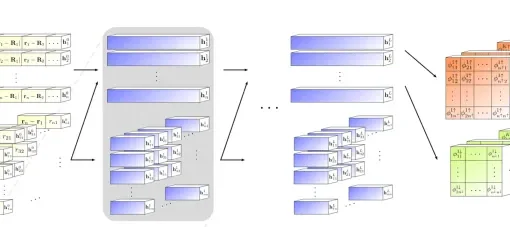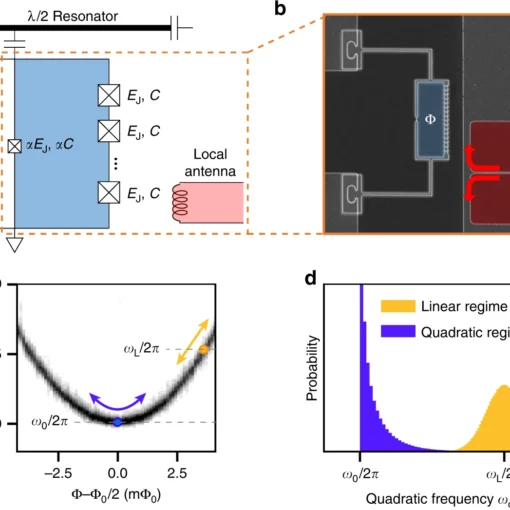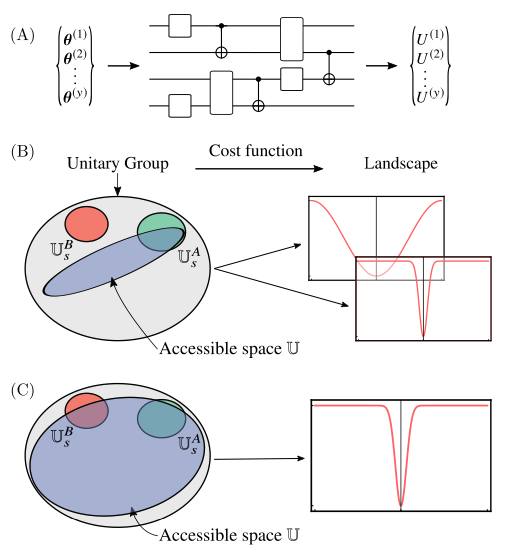Bell state with acoustic waves
Researchers in the University of Arizona Department of Materials Science and Engineering have demonstrated the possibility for acoustic waves in a classical environment to do the work of quantum information processing without the time limitations […]





